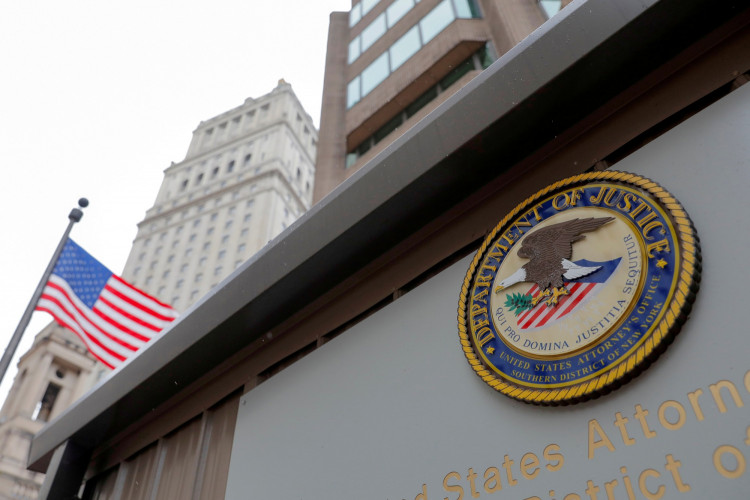The cryptocurrency-friendly Signature Bank was reportedly under investigation by two United States government bodies prior to its sudden collapse, according to a Blomberg report.
The bank, which had gained a reputation for being a leader in the digital currency space, was allegedly being probed by both the Securities and Exchange Commission (SEC) and the Department of Justice (DOJ) for potential money-laundering activities. The news comes as a shock to many in the financial industry, who had viewed Signature Bank as a trailblazer in the growing world of cryptocurrencies.
Bloomberg cites two anonymous people who claim the SEC has been "taking a look" at the bank. There was no mention of the specifics of the SEC's investigation.
Bloomberg reported that he Justice Department was looking into whether or not Signature had taken sufficient efforts to detect possible money laundering by its clients.
It is unknown when the investigations started or if they had any bearing on the recent decision by New York state authorities to close the bank.
If a bank is charged with money laundering in the U.S., the consequences can be severe and far-reaching. The bank may be subject to hefty fines, asset seizures, and even criminal charges, depending on the severity of the offense.
First, the bank may be hit with a massive fine, which can run into the hundreds of millions or even billions of dollars. This is designed to be a deterrent to other banks and to send a message that money laundering will not be tolerated in the U.S. financial system.
Second, the bank may face asset seizures and forfeitures, which means that the government could take control of the bank's assets, including cash, property, and investments. This can be devastating for the bank and its shareholders, as it can severely impact the bank's ability to operate and meet its financial obligations.
Third, the bank may face criminal charges, which could result in the imprisonment of its executives and employees. This can be a particularly damaging outcome, as it can harm the bank's reputation and lead to a loss of trust among its customers.
Finally, the bank may be forced to make sweeping changes to its operations and procedures in order to prevent future money laundering. This can include hiring new compliance officers, implementing new software and systems, and conducting extensive audits and training programs.
As reported, Signature and its employees are not charged with any wrongdoing, and the SEC and Department of Justice may conclude their investigations without filing charges or taking further action.






